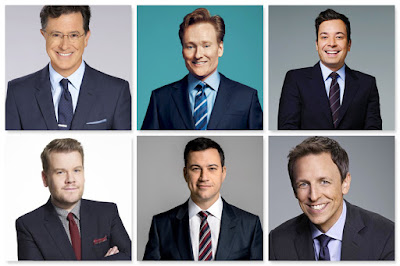 |
| Would you pay $1.5 million for this? |
Each week there are breathless articles in the papers about Saturday auction results, clearance rates and houses that have gone $100,000+ over their reserve. One recent example is this two-bedroom home in Hawthorn which was bought in 1970 for $10,000, has been uninhabitable since 1983, and sold for $1.51 million. Yes, someone paid that much for a tear down.
So what is causing these ridiculous prices? Australia escaped the worst of the GFC and never had a property market crash. Prices have been going up an average of 6 per cent a year since the 1990s. We have low interest rates, a tax system that favors investors instead of owner-occupiers with negative gearing and capital gains tax, and stamp duty instead of land tax which adds a huge up front cost to buying a house. There is also no independent reporting of the housing sector as the media use figures directly from the Real Estate Institute and newspapers are reliant on the advertising revenue from their property sections.
Prices are currently seven times average household income (instead of the normal three). People have been calling out this housing bubble for years, but it has yet to burst. Politicians don't want a crash to happen so they have been doing everything in their power to keep the housing market propped up. In addition, because all this money across the nation is stuck in a non-productive asset, it means it is not being invested in the stock market or businesses and helping to grow and expand the economy. The day of reckoning is coming, and it's not going to be pretty.
























